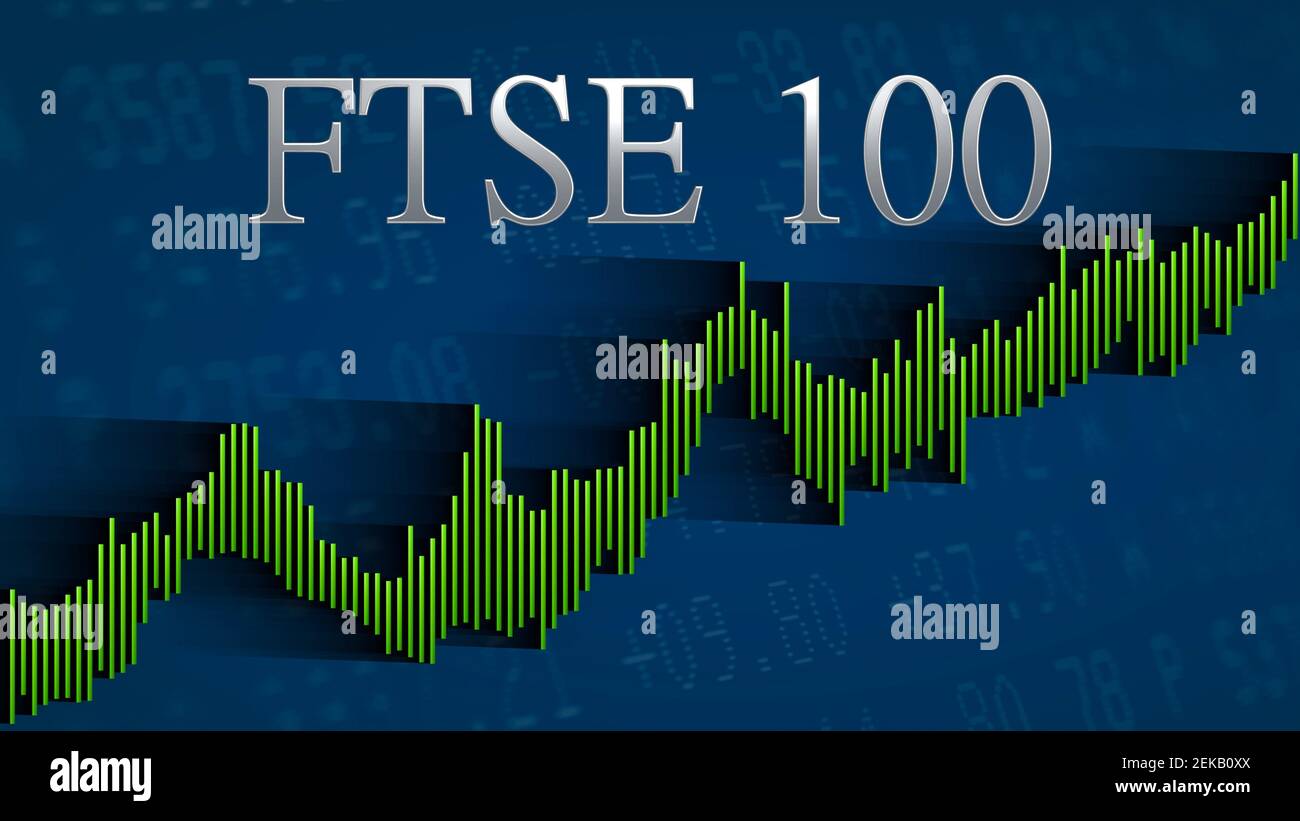
By Ahmad Assiri
Crude oil prices are trading steadily above $72, within the established consolidation range of $71-$75. This stability reflects a balance of market forces, as OPEC+ continues to play a pivotal role in shaping investor expectations. The decision by OPEC+ to delay an oil output hike until April highlights a cautious approach, driven by optimism about demand prospects in 2025.
The recent remarks by the Saudi Oil Minister indicate that OPEC+ members hold a more optimistic view of market demand in the coming year, anticipating an improvement that exceeds market forecasts. However, this optimism coincides with Saudi Aramco’s decision to lower oil prices for Asian consumers, reflecting a more balanced strategy. This could also point to short-term uncertainty as the year-end approaches, while sustained optimism remains centered on projections for 2025.
A key factor is the evolving economic policies in China. The Chinese Communist Party’s Politburo meeting revealed a shift toward flexible fiscal and monetary policies aimed at boosting economic growth and industrial activity. This could serve as a catalyst for increased oil demand in the world’s largest crude importer. However, the market remains cautious about the effectiveness and implementation of these policies, and thus, this potential optimism has yet to translate into oil prices.
In the near term, the interplay between OPEC+ strategies, China’s economic recovery, and overall global demand trends will remain critical in determining oil market dynamics. For now, oil prices appear stable within their range, awaiting clearer signals from economic policies and macroeconomic developments.
Assiri is Research Strategist at Pepperstone













